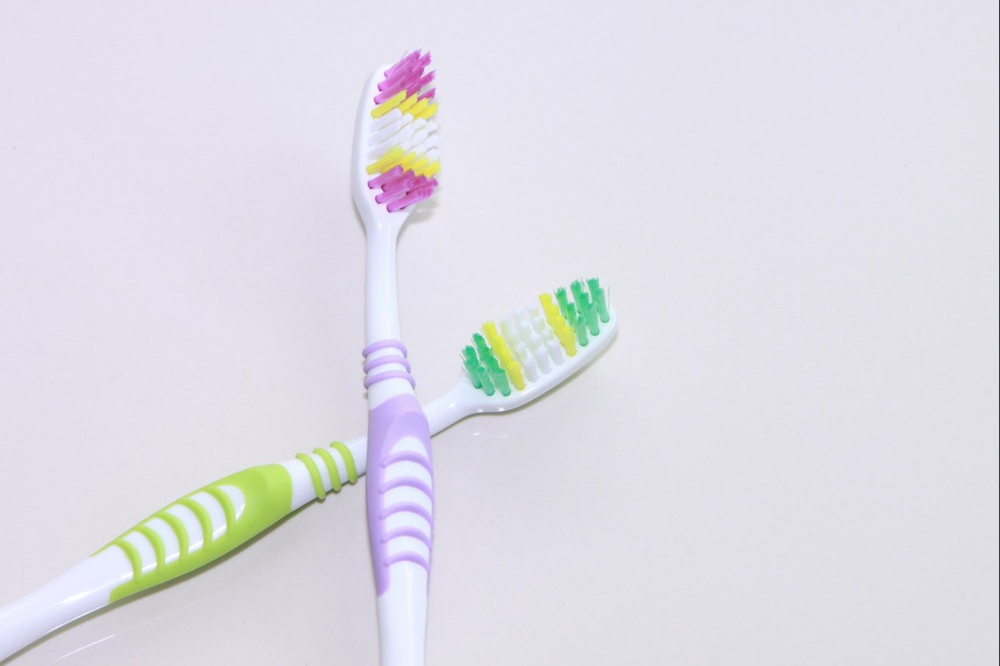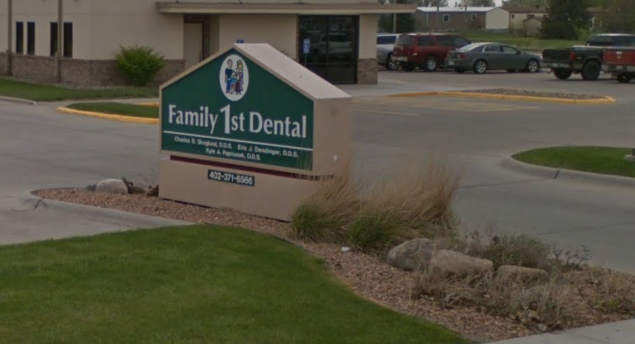
Many people perceive fruit juice as a healthy beverage choice, especially when labeled as “100 percent fruit juice.” However, it’s essential to understand that these seemingly innocent drinks can actually pose risks to your dental health. At Family 1st Dental – Taylor Avenue, we’re here to provide you with crucial information regarding fruit juice consumption and its effects on your teeth.
New Guidelines from the AAP
The American Academy of Pediatrics (AAP) has recently updated its recommendations regarding fruit juice consumption, particularly for infants and young children. Previously, it was advised to avoid fruit juice for infants under 6 months old. However, the updated guidelines now recommend refraining from fruit juice for any infant aged 12 months and younger.
Sugar Content in Fruit Juice
While fruit juice can offer essential vitamins and minerals such as vitamin C and potassium, it’s important to note its high sugar content. According to studies summarized by Medical News Today, fruit juice can contain as much as 2 teaspoons of sugar per 100 milliliters. This sugar content contributes significantly to tooth decay, especially in children.
Impact on Dental Health
The AAP emphasizes that serving fruit juice in “sippy cups” to toddlers and young children can exacerbate the risk of tooth decay. These cups expose teeth to prolonged contact with sugar, creating an ideal environment for decay to occur.
Moderation is Key
In light of the updated guidelines, moderation is key when it comes to fruit juice consumption. While children under 12 months should avoid fruit juice entirely, older children can consume limited amounts. The AAP recommends a maximum of 4 ounces per day for children aged 1 to 3, 4 to 6 ounces per day for children aged 4 to 6, and 8 ounces per day for those between 7 and 18 years old. Diluting juice with water can also help reduce sugar intake.
Adult Dental Health
It’s essential to recognize that sugary drinks, including fruit juice, can contribute to tooth decay in adults as well. We encourage everyone to limit their consumption of sugary beverages to maintain optimal dental health.
Visit Dentist Norfolk for Comprehensive Dental Care
At Family 1st Dental – Taylor Avenue, our dedicated dental team is committed to promoting lifelong oral health for you and your family. Regular dental check-ups allow us to identify and address any dental issues promptly, including decay caused by excessive fruit juice consumption. If your child exceeds the recommended intake of sugary drinks, consider scheduling an extra cleaning with our team.
To schedule your next dental appointment, please contact our office. Your smile deserves the best care possible, and we’re here to help you achieve it.















